Razakars’ list may be out on Dec 16
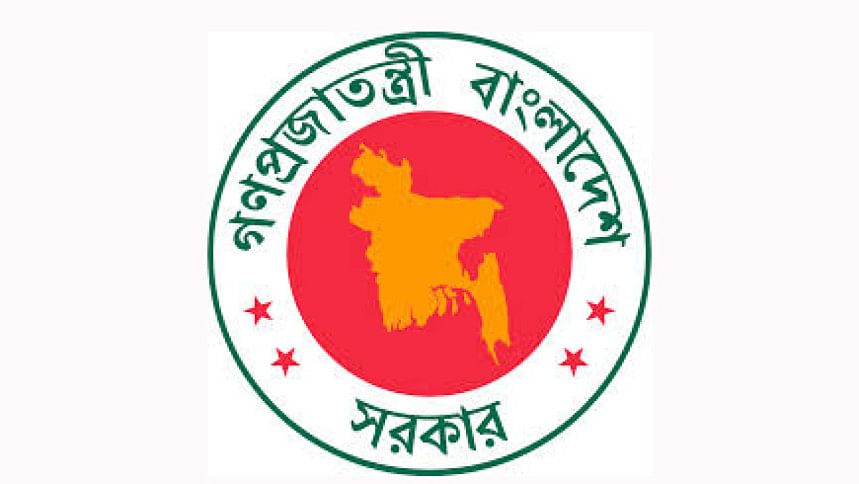
The government is going to publish the names of 11,000 Razakars who had been on Pakistan payroll and collaborated with the Pakistan occupation army in mass killings and carrying out atrocities against freedom fighters during the Liberation War.
The Ministry of Liberation War Affairs is likely to start publishing their names in phases from December 16, on the country’s 49th Victory Day. It has a plan to publish the names of members of other collaboration forces like Al-Badr and Al-Shams later on.
It is publishing the list provided by the home ministry.
The initiative of making public the full list of Razakars suffered a setback due to lukewarm responses from deputy commissioners.
The Ministry of Liberation War Affairs asked for lists of such Razakars from DCs of 64 districts, but only 10 responded. Five of them said they did not find any Razakars in their districts.
“We will begin publishing the list of Razakars [who had been on Pakistan payroll] soon, and there is a strong possibility of starting the process on Victory Day,” Liberation War Affairs Minister AKM Mozammel Huq told The Daily Star.
He added that no one would be able to raise any question about the authenticity of the list as the names came from the home ministry.
The minister said the process of listing Razakars would continue, and the government would issue a gazette notification after the list was published.
“Later, we will prepare lists of Al-Badr, Al-Shams members, and other collaborators,” he said.
Successive governments in the last 48 years did not list the members of anti-liberation forces like Razakar, Al-Badr, and Al-Shams.
The Ministry of Liberation War Affairs in May this year started the process of preparing the list of Razakars as per the recommendation of parliamentary standing committee on the ministry.
The ministry had sent letters to the home ministry and the DCs, seeking lists of Razakars, said Liberation War Affairs Secretary SM Arifur Rahaman.
It sent the first letter to the DCs on May 21 and the second one on August 28.
It sought the names of Razakars who had drawn salaries from police stations, subdivisions, and the district administrations during the Liberation War.
DCs of Khagrachhari, Magura, Sherpur, Gaibandha, and Jashore informed the ministry that there were no such Razakars in their districts. The ministry got the lists of nine Razakars in Chandpur, 169 in Meherpur, 44 in Shariatpur, 50 in Narail, and 1 in Bagerhat.
The minister and the secretary said they would not publish the names sent by the DCs now, as they would need to verify the authenticity of the names.
“We want to publish the names that do not create any debate,” Arifur said.
Minister Mozammel said they would send another letter to the DCs, seeking the names of Razakars.
In January 1972, the then Bangladesh government had passed a law to try the collaborators and war criminals. After that, 37,000 were arrested and sent to jail. About 26,000 were freed following announcement of a general amnesty.
Around 11,000 were behind bars when the government of Justice Sayem and General Ziaur Rahman repealed the Collaborators Act on December 31, 1975. An appeal spree and release of war criminals en masse followed the scrapping of the law.
A top official of the Ministry of Liberation War Affairs said there had been a list of Razakars with the home ministry, but many documents went missing when Jamaat leaders and executed war criminals Motiur Rahman Nizami and Ali Ahsan Mohammad Mojaheed were ministers during 2001-2006 period.
Liberation War researcher ASM Shamsul Arefin, who had published books carrying the names of 12,000 Razakars, said Pakistan had initially planned to recruit 50,000 Razakars and 12,000 to 15,000 Al-Badr and Al-Shams members.
He added that Pakistan had recruited about 35,000 Razakars, and there were no statistics on how many Al-Badr and Al-Shams members had been recruited.
Shamsul said he had published the names of Razakars based on salary sheet of Razakars recruited by police.
It will be tough to prepare lists of Al-Badr and Al-Shams members, but it is not impossible. The government should form a research team to find them, he added.

 For all latest news, follow The Daily Star's Google News channel.
For all latest news, follow The Daily Star's Google News channel. 

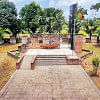
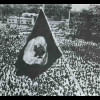
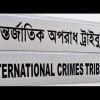
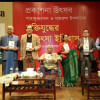



Comments